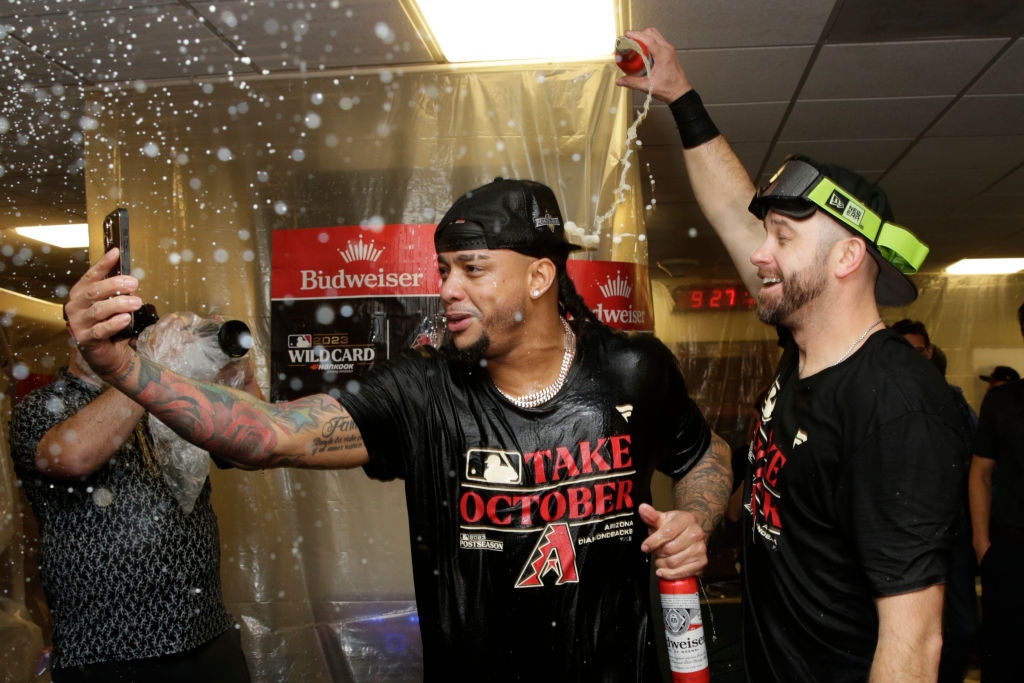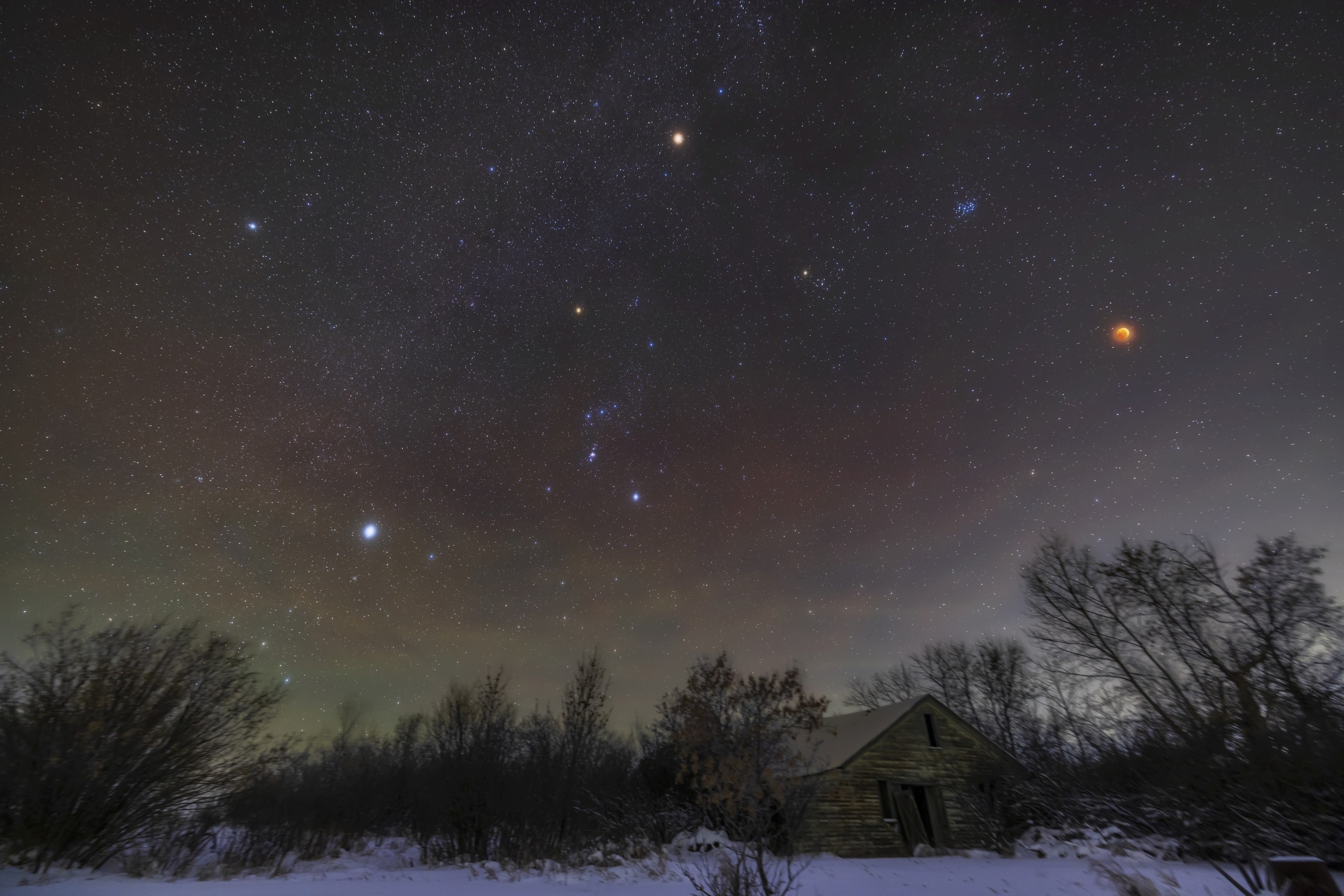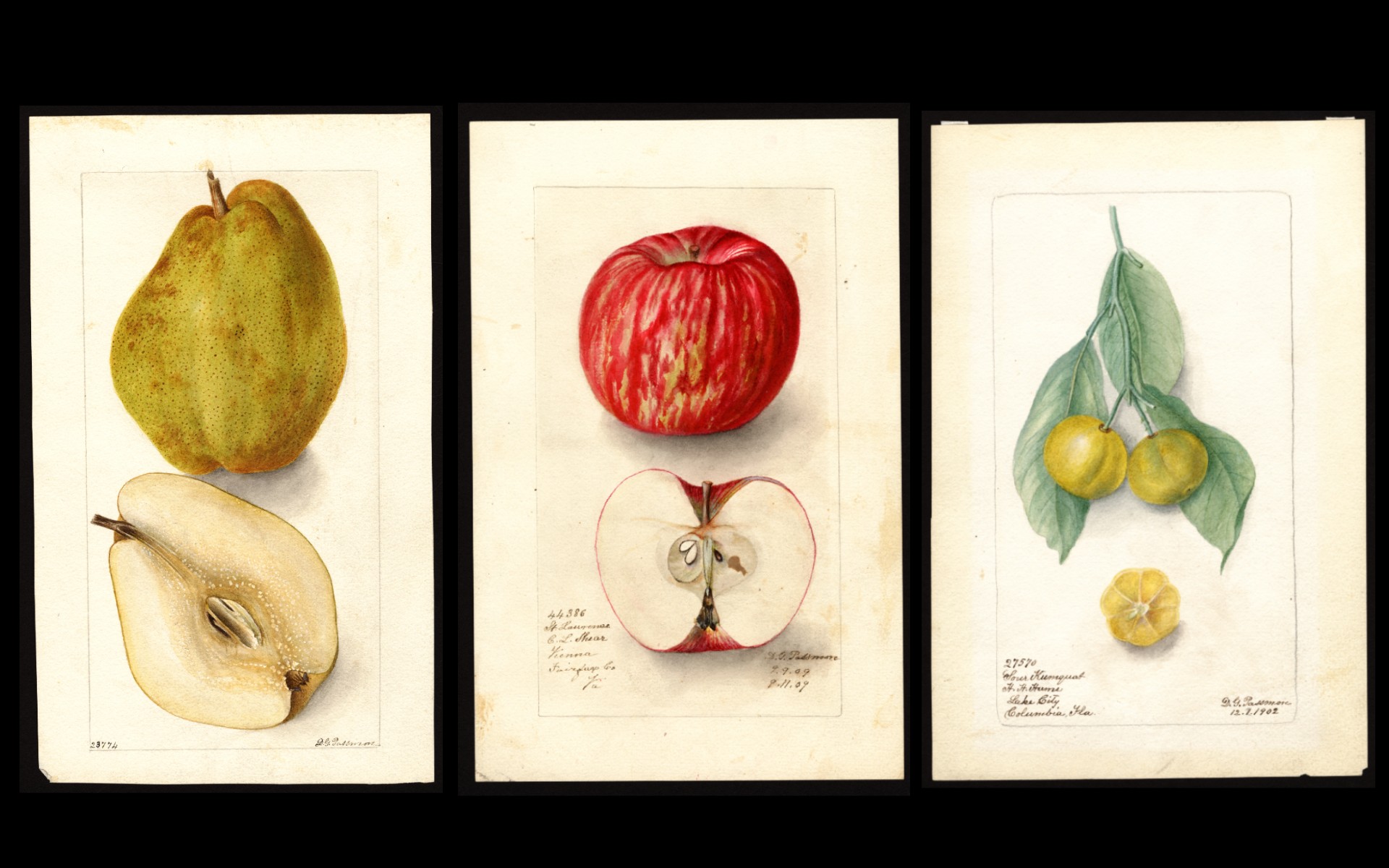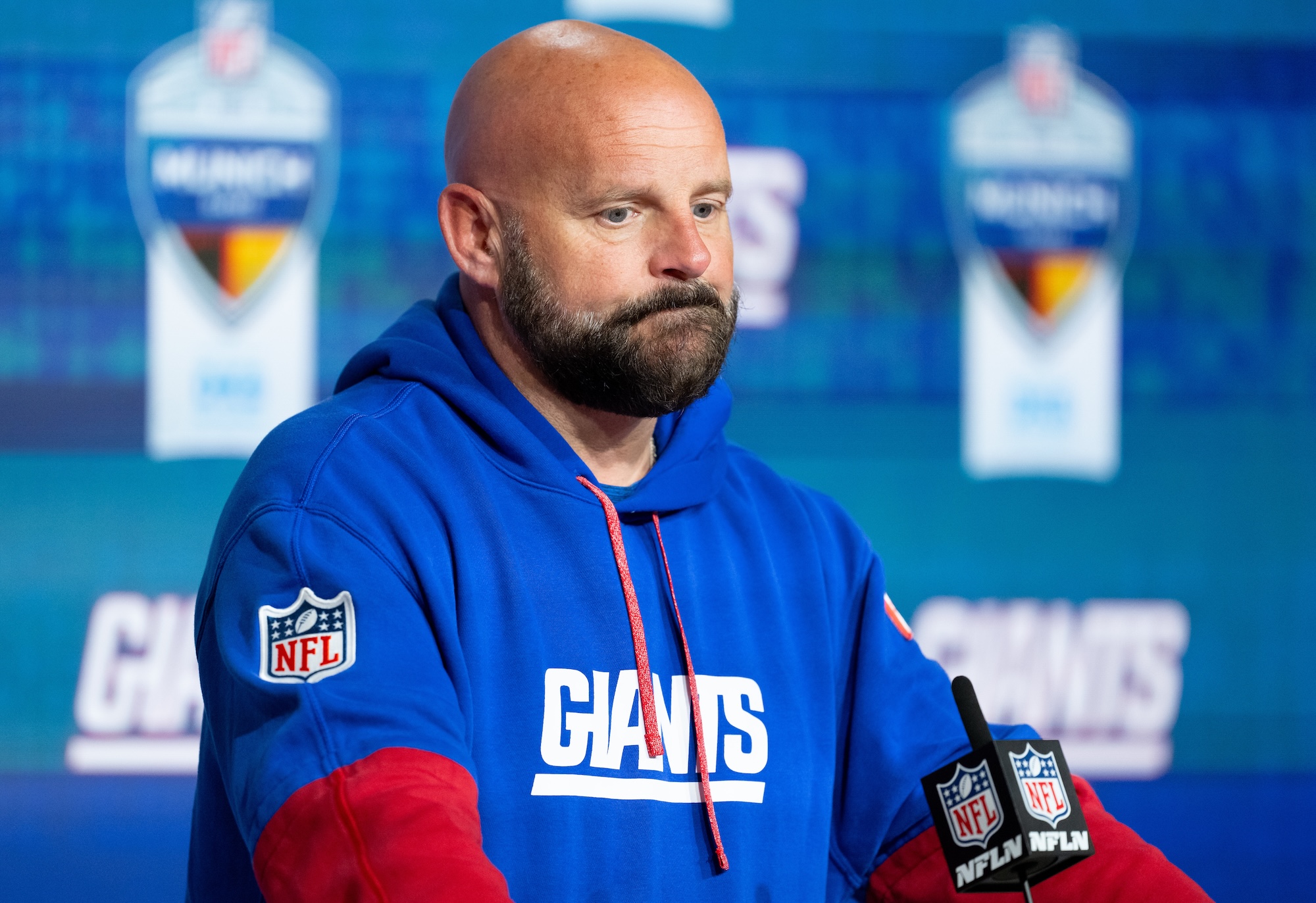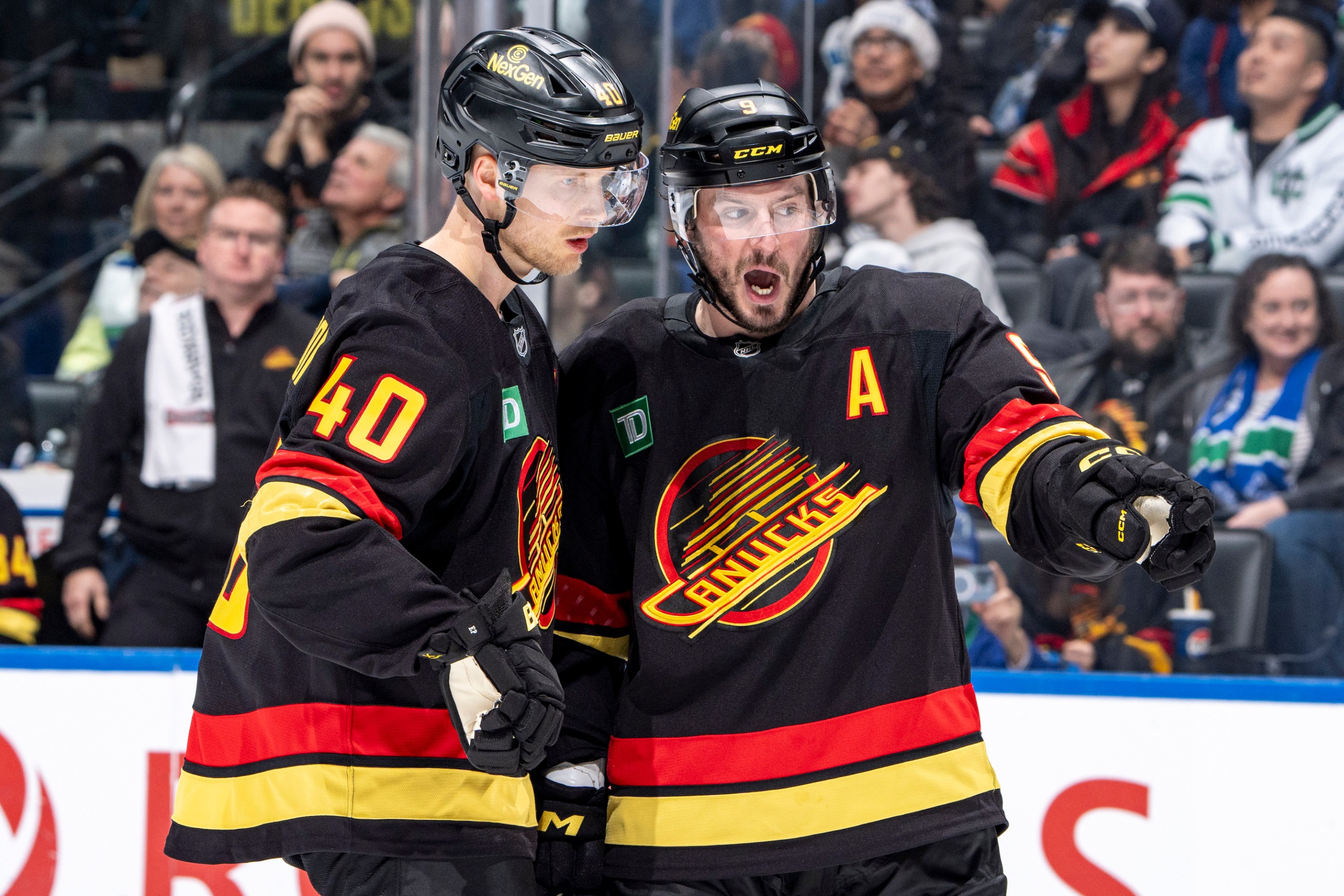The NBA long ago dealt with its existential inventory crisis by simply jackhammering more games into an already Thanksgiving turkey-sized schedule. That's how they got accustomed to the odd experience of Miami finishing 14 games behind Milwaukee last year, facing the Bucks in the first round, and winning in five games. The regular season is continually reduced in scope and the customers seem fine with it.
Which brings us to the odd experience being presented to us this weekend by the illusory embers of the National League. The Philadelphia Phillies, Defector's Cleavage 'n Clavicles Boys face the Atlanta Braves, who finished 14 games ahead of the Phillies in the regular season, and the Arizona Diamondbacks meet the Los Angeles Dodgers, who were 16 games better themselves.
But it's not that odd in the new world order. Last year, Houston faced Seattle in the second round after beating the Mariners by 16 games in the regular season, and the Dodgers played San Diego in the second round after winning the NL West by 22 games. The Astros swept, but the Dodgers lost, 3-1, so in a world of limited historical references the C' n Cs and DBacks can do more than merely hope.
This is a fascinating feature of the new more-like-everybody-else baseball. Rob Manfred is ostensibly in charge of finding new revenue streams for the sport he only grudgingly endures, and the easiest way to do that is to broaden and lengthen the postseason, November be damned. More teams, more games, more network slaves throwing them money for more Pirates-Reds. There is no point complaining about it—inventory never shrinks, no matter how the Tampa Bay Rays feel about it, and with more teams come the possibility of more statistical mismatches like the above. Before last year, there had only been three series in which a division winner with a double-digit cushion in wins played its closest regular season pursuer in the playoffs, and in each of those the regular season winner kicked copious levels of arse.
But when the Padres beat the Dodgers last year, the preeminence of the regular season took a hit, and now we have these two series. The Dodgers fiddled around until the All-Star Break and then won two of every three games after it to make a well-deserved mockery of the division, while Arizona desperately scrambled to survive a blah-pile of similar teams and sneak in as the second wild card.
So what have we got? Maybe nothing but a pile of nerd numbers, baseball being less reliant on past performance as an indication of future results. The Phillies are generally agreed upon as the best of the wild card teams, or at least the ones with the most noticeable vibe. Sure, that might be Comrade McKinney's gift for persuasion while the Rangers have no such constituency in the hallowed halls of Defector A&M, but it is one of our structural flaws—we have a constituency for Trea Turner but not for Corey Seager.
But as they say in Cliche Flats, it is what it is. We live under the heel of oppressive East Coastery. Maybe the Rangers would be held in higher esteem if they hadn't cacked up the AL West race on the final weekend in Seattle, and therefore have to navigate their way around the Orioles by opening in Baltimore. Maybe we'd be more enamored with the Twins-Astros series just because its the one running the most silent if we had anyone closer to it than Comrade Anantharaman, but she is committed to the deity-forsaken Tigers, who are closing in on a decade of October-free baseball.
But we are in full digression here. The point is, most baseball folks want to see Braves-Dodgers in the LCS because they are indisputably the two best teams, even if their reputations come at the cost of being decidedly less charming. The array of watchables—Mookie Betts and Ronald Acuña, Freddie Freeman and Matt Olson, J.D. Martinez and Austin Riley, Clayton Kershaw and Spencer Strider—this is the Series the World wants.
Nobody has signed on for Phillies-Snakes as far as we know, although the nation could certainly glom onto the Jose Alvarado-Kevin Ginkel debate raging in ... well, no homes so far.
Thus, while people like underdogs, they tend to only like them until they actually have to commit to them over the long haul. Americans definitely prefer titans bludgeoning each other for the same reason they don't press their leagues harder for relegation. American fans are addicted to top-down, and that's the two teams that beat the internals out of the teams they face now. If the Braves and Dodgers don't meet, there will be a sense that we somehow got cheated out of the thing we sat through six months to see.
